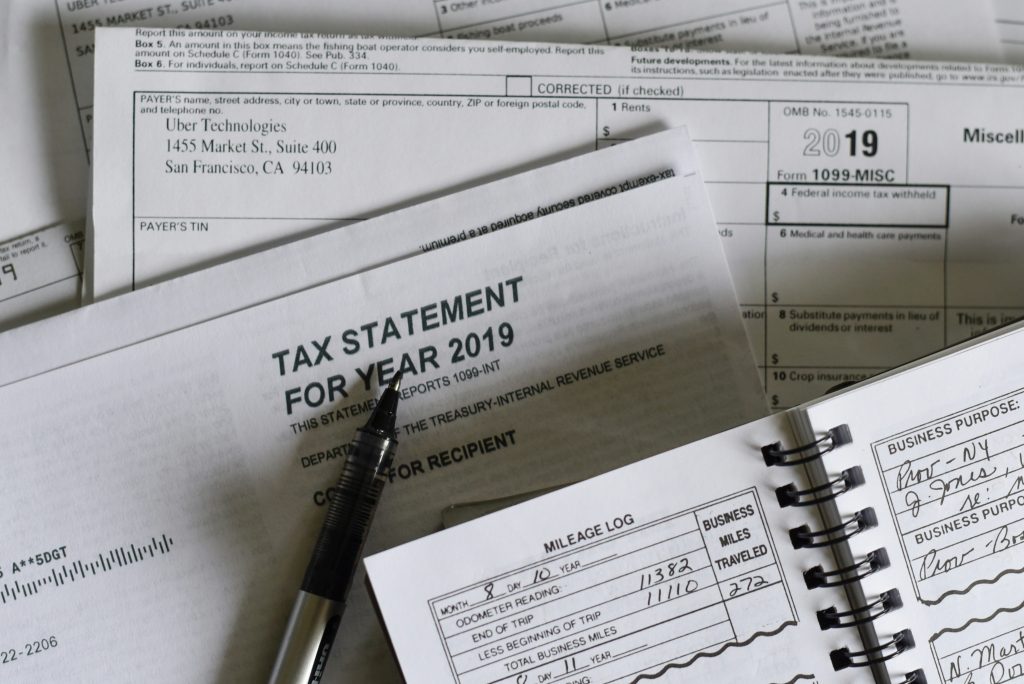
Resident versus Non-Resident Companies
A company is resident in South Africa if it is incorporated, established or formed in South Africa OR has its place of effective management in South Africa. This effectively means that companies incorporated or otherwise registered outside of South Africa could still be deemed residents of South Africa where effective management occurs in South Africa. The South African Revenue Service (SARS) considers the ‘place of effective management’ to be the physical location where key management and commercial decisions that are necessary for the conduct of the business as a whole are, in substance, made.
A company that is deemed to be exclusively resident in another country in terms of a DTA regardless of incorporation or place of effective management is considered non-resident.

Branches of Foreign Companies
A branch of a foreign company is not considered to be a separate legal entity for tax purposes. Therefore, the principle of taxation based on source would apply to the SA branch of a foreign company. There is no withholding tax levied on transfers of profits to a head office, nor is dividend tax applicable.
A branch must still register as a taxpayer with SARS and submit tax returns. Separate branch financial statements must be compiled and submitted with the annual corporate tax return of a branch. Thus, although a branch is legally not a separate entity for tax purposes, SARS treats the branch as a separate entity for practical tax administration purposes.
Corporate Income Tax Rate
The corporate income tax rate is a flat 27% for years ending 31 March 2023. Prior to that a flat rate of 28% was applicable.
Small business corporations (SBCs) are taxed at more favourable rates on a sliding scale:
| Tax Rate | Taxable Income Lower Band | Taxable Income Upper Band |
| 0% of income between | R- | R95,750 |
| R18,848 + 21% of income between | R365,000 | R550,000 |
| R57,698 + 27% of income above | R550,000 |
An entity qualifies as an SBC where, inter alia, only natural persons are owners (members or shareholders) and gross income does not exceed R20m in a year of assessment.
Companies with an annual turnover of less than R1m may elect to pay a turnover based tax of between 0% and 3% depending on the turnover.
Further special rates of corporate taxation apply to certain industries including farming, mining and insurance. In 2024 South Africa promulgated the Global Minimum Tax (GMT) Act allowing it to levy corporate tax at rates up to 15% on certain qualifying large multinationals under the Global Anti-Base Erosion Model Rules (the so-called Pillar 2 framework).
Capital Gains and Losses
South Africa operates a capital gains taxation regime. Capital gains are taxed at the standard rate of taxation; however, only 80% of the calculated capital gain is included in taxable income making the effective rate of taxation 21.6%.
Capital gains and losses are calculated in terms of the 8th Schedule of the Income Tax Act. Capital losses may only be set off against capital gains, and not against revenue losses from ordinary trade.
Trading Expenses
The Income Tax Act allows – generally speaking – any expense not capital in nature that is incurred ‘in the production of income’ to be deducted for tax purposes. This is made subject to a number of specific provisions for items such as depreciation, bad debts, start up costs, etc.
Noteworthy is that expenditure does not have to be linked to actual income to be considered ‘in the production of income’.
Assessed Losses
Assessed losses may be carried forward indefinitely provided an active trade or business of a similar nature is carried on without interruption. There is extensive case law around what is and is not permitted to be set off as an assessed loss. Generally, purchasing a business with an assessed loss will result in that loss being forfeited by the new owners from a tax perspective.
The amount available to set off from assessed losses is limited to the higher of R1m or 80% of taxable income for any year of assessment.
Tax Administration
The tax year is the same as a company’s financial year. In South Africa this is usually 01 March to 28 February.
An annual corporate income tax return must be submitted within 12 months of a company’s year end. In some cases, a supplementary reconciliation return is required. Additional schedules apply for certain entity types such as Controlled Foreign Companies (CFCs) and Headquarter Companies.
Complete annual financial statements must be submitted with each annual tax return. Practically, an external accountant should compile and sign the financial statements off in addition to management in order to avoid administrative issues from SARS.
South Africa operates a relatively onerous and punitive provisional tax regime. There are two mandatory provisional tax periods and one voluntary period. The first period (P1) falls six months into the financial year (August, for companies with a February year end). A company must estimate its annual taxable profit and pay provisional tax on half of this amount. P2 falls in February (for companies with a February year end) where a company must again estimate it’s annual taxable profit and pay the remaining estimated tax.
Where a company underestimates its profits by more than 10% SARS will issue fines and penalties, as well as interest on the underdeclared tax. In order to provide taxpayers with the opportunity to remedy any under-declaration a voluntary third provisional declaration and top-up payment may be made no later than 6 months of the end of the year of assessment (for companies with a February year end this is September each year).
Tax returns that have been assessed may not be reopened by SARS after three years from date of assessment by SARS, or five years from date of self-assessment by the taxpayer, unless there has been fraud, misrepresentation or non-disclosure by the taxpayer (i.e. new facts come to light).
Building 4, Riverlands Mall Podium Level, 51 Gogosoa Street, Observatory, Cape Town 7935, South Africa
Baxter Building, Muiderstraat 1, 1011PZ Amsterdam, the Netherlands
Suite 2025, Unit 3A, 34-35 Hatton Garden, Holborn, London, EC1N 8DX, United Kingdom